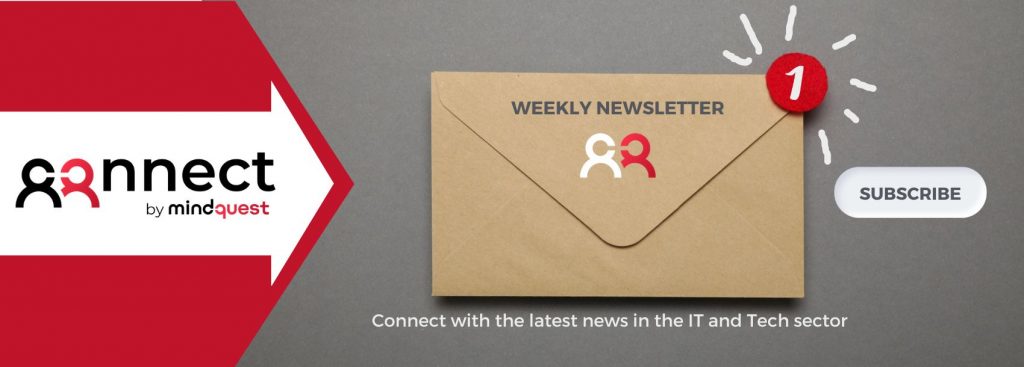If you’re looking for a new freelance project or a permanent full-time role, your CV is the ultimate tool to showcase your experience and expertise. But the way you present yourself on your CV varies depending on whether you’re aiming for a freelance gig or a full-time job.
So, what are the major differences between a freelance CV and a full-time CV? Let’s dive in and explore the distinctions.
Find your next assignment on our freelance and permanent IT recruitment platform, or join Mindquest so you don’t miss out on any job opportunity!

🎯 Applying for Freelance Projects vs. Full-Time Jobs: Two Different Approaches
A freelance CV is inherently different from one used to apply for a salaried position because these roles fulfill different needs. As a freelancer, you’re offering your expertise as a service to clients, making your CV more like a business portfolio.
Your freelance CV serves as a marketing tool—a way to pitch your services to potential clients. Think of it as your personal brochure, highlighting your skills, experience, and the value you bring.
By contrast, a CV for a full-time position emphasizes your employment history, aligning it with the requirements of the job you’re applying for. It’s a summary of your career path aimed at demonstrating your suitability for a permanent role within a team.
Also read our CV Writing Tips for IT Professionals
Structuring Your CV for Freelance or Full-Time Roles
💼 For Full-Time Job Applications:
Your CV is a concise snapshot of your career. Focus on your professional history by listing roles, responsibilities, and achievements relevant to the job you’re targeting. The goal is to highlight your qualifications and experience in a streamlined way, showcasing your progression within organizations.
👩💻 For Freelance Applications:
A freelance CV is more detailed and centered on expertise rather than job titles. It should clearly outline your areas of specialization—whether it’s iOS mobile app development, Salesforce project management, or Angular development in IT.
Include:
Technical and functional skills
- Key projects you’ve worked on (both freelance and previous employment)
- The names of the clients or companies you collaborated with
- A breakdown of your contributions to these projects
Rather than listing “jobs,” focus on “projects” and how they reflect your expertise. This project-centric approach helps potential clients see the value you bring to their specific needs.
📝 Formatting a CV Based on Your Status
Full-Time Job CVs:
Your CV for a permanent role should be:
- Concise and clear, typically one page long
- Organized and visually appealing, with some design elements to grab attention
- A balance of relevant experience, skills, and education
💡 Tip: Recruiters spend only a few seconds scanning a CV, so use an organized layout to make key details stand out. Tailor your content to highlight your best-fit qualifications for the specific role.
Freelance CVs:
While freelance CVs should also be clear and well-structured, they don’t need flashy designs unless you’re in a creative field. Instead, focus on delivering a content-rich and informative document.
Key differences:
- Length: Freelance CVs can span multiple pages to provide a comprehensive view of your experience.
- Detail: Include a summary of each project, its scope, the tasks you handled, and the technical environment.
- Optional Additions: Add your daily rate (TJM) or other pricing details, your availability, and whether you work remotely or on-site.
✅❌ What to Include (and Skip)
- Photo: Optional for both, but less common in IT freelance CVs.
- Interests and Hobbies: Useful for a full-time CV to showcase personality; skip for freelance CVs unless highly relevant.
- Online Presence: Maintain an optimized LinkedIn profile and other relevant online portfolios.
You may want to delve into our 6 Simple Steps to Improve Online Visibility as an IT Professional.
Conclusion
The key distinction between a freelance CV and a full-time CV lies in the level of detail. A full-time CV is a concise summary, while a freelance CV is a detailed showcase of your expertise and past projects. For freelancers, your CV is more than just a resume—it’s your best marketing tool.
Need help starting or growing your career as an IT freelancer? Or are you looking for your next full-time or freelance opportunity? Join Mindquest and let our experts guide you to success!









